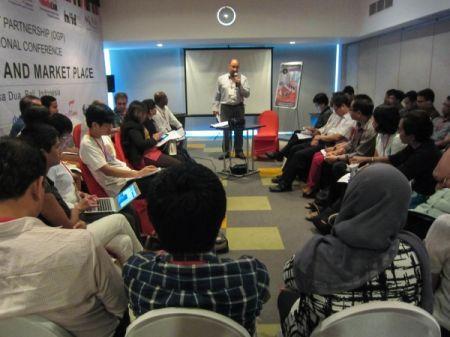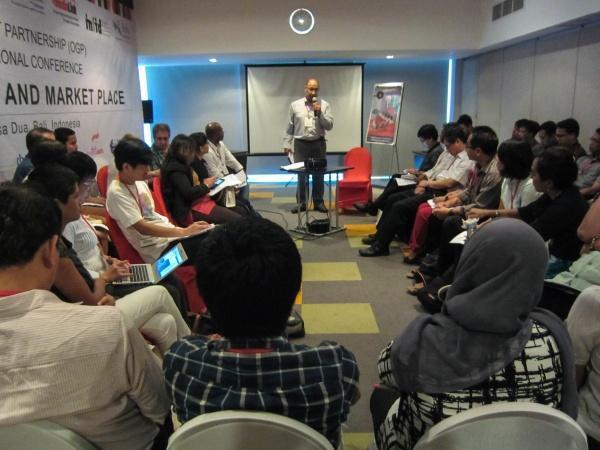In 1996, MAMPU (or Malaysian Administrative Modernisation and Management Planning Unit) embarked on an ambitious e-government project in their effort to further improve service delivery amongst federal government agencies. Since then, Malaysian citizens have benefited tremendously from improvement in government services. Waiting and processing times at government departments and offices have also improved. And, thanks to the many e-government portals, citizens can now perform various transactions with government agencies online.
Unfortunately, MAMPU’s initiatives have not actually translated into a more open and transparent government. Government agencies collect and process a large amount of data everyday. Many of the datasets held by government–especially those on public resource management–can help private citizens and businesses to make better informed choices should they be made open. Unilaterally opening up expenditure data could also make government agencies more accountable and transparent.
In this area, Malaysian government is lagging behind other developing countries like the Philippines and Indonesia, which are members of the Open Government Partnership (OGP).
Launched in 2011, OGP is a global movement to promote more open, accountable, and responsive governments. The partnership provides for a framework that enables civil society and government reformers to work together in furthering open government principles and initiatives. To date, over 60 countries have joined the partnership. These countries have met the OGP requirements on citizen participation, budgets, asset disclosure, and right to information. Some member countries have also committed even more of their resources in other areas such as open data and whistleblower protection to advance open government principles.
“Countries can earn a total of 16 points for their performance against these minimum standards of open government. As the Open Budget Index covers only 100 countries, some countries are only measured on three criteria (and can earn up to 12 points). In order to participate in OGP, countries must score at least 75% of the total possible points available to them (e.g. 12 out of 16, or 9 out of 12).
The scoring system used by OGP uses established benchmarks like the Open Budget Survey (by the International Budget Partnership), Good Law and Practice Survey (Open Society Justice Initiative), Democracy Index (The Economist Intelligence Unit) and other studies by World Bank and Chr. Michelsen Institute. Within the partnership, there is an Independent Reporting Mechanism (IRM) that tracks the progress and measures the impact of open government initiatives of member countries. Its Civil Society Coordination unit provides support for organisations to use the the OGP platform nationally and internationally.
The overall score possible for Malaysia is 16 points. The country is only two points away from the minimum 12 points required to join OGP. To meet these requirement, we need to focus on the following areas:
- Right to information (currently stands at 1 point of 4);
- Asset and conflict of interest disclosures (at 2 points of 4)
- Citizen engagement (at 3 points of 4).

The lack of a freedom of information law at the federal level and misuse of the Official Secrets Act amongst government bureaucrats have proven to be one of the biggest challenges for Malaysia. On top of that, asset and conflict of interests disclosures of politicians and government officials are still not available publicly. In order to fulfill the citizen engagement criterion, our government also needs to address its standing in the EIU Democracy Index.
In order to meet all of the OGP eligibility criteria, Malaysian civil society organisations and government agencies have to start working collaboratively and strategically towards implementing freedom of information laws as well as public asset and conflict of interest disclosures.

